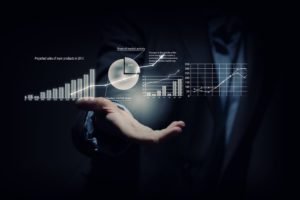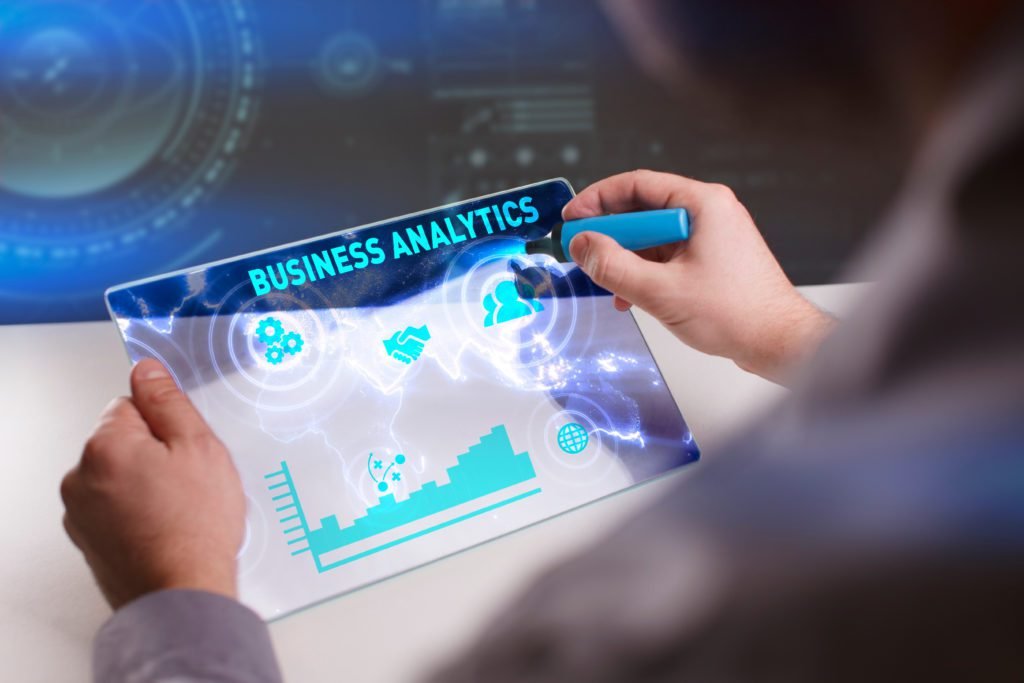Last updated on March 26th, 2024 at 10:45 am
Both business and data analytics is about processing data and gaining insights from data.
The terms business analytics and data analytics might be used interchangeably in organizations on a small scale. On the other hand, big firms hire both business analysts and data analysts to perform well-defined functions, thus making it very necessary to understand the difference between the two.
With Imarticus’s, you can choose between the best data analytics courses and business analytics courses in India. Read on to have a deep insight into the two important career paths and their respective applications.
 Business Analytics
Business Analytics
Business analytics course focuses on business impact when analyzing data and the actions that should result from the insights. For example, it provides answers to the following questions, “Should a company develop a new product line?” Or, “Should it prioritize one particular project over another?”
Business analytics combines various capabilities, tools, and applications to measure and improve the effectiveness of core business functions such as marketing, customer service, sales, or IT.
Business analysis (also Business Analytics) is the iterative exploration of a company’s data. There is a statistical analysis method used to bring information to light that can help to stimulate innovation and business results. Companies that rely on analysis consider big data to be a valuable asset of the company: data helps to advance business planning and forms the basis for future strategies. Business analysis helps these companies get the maximum value from this gold mine of insights.
Sufficiently large volumes of high-quality data are required for business analysis. Companies that want to achieve the most accurate results possible have to integrate and compare the data from different systems. A decision is then made as to which subsets will be made available to the business.
Data Analytics
A Data analytics career involves combing through massive data sets to identify patterns and trends, create hypotheses, and support business decisions with data-based insights.
For example, data analytics seeks to answer questions such as, “What impact do geographic factors or time of year have on customer preferences?” Or, “What is the likelihood that a customer will defect to a competitor?” In practice, data analytics encompasses many different techniques and approaches. It is also known as data science, data mining, data modeling, and big data analysis.
In data analysis, raw data is collected and examined to conclude it. Every company collects huge amounts of data, such as sales figures, market research, logistics, and transaction data. The real benefit of data analysis is in identifying patterns in a data set that can indicate trends, risks, and opportunities.
Data analysis enables companies to use this knowledge to change their processes to make better decisions. In practice, data analysis can help, for example, to decide about the next product developments, to develop customer loyalty strategies, or to evaluate the effectiveness of new medical treatments.
Applications of Business Analytics and Data Analytics
Since Business Analytics and data analytics are both based on big data tools, they have several applications in various industries across the globe. Some of them are mentioned below:
- Digital Advertising
- Energy Management
- Medical Applications
- City planning and mapping
- GPS tracking
- Transportation
- Risk detection and management
- Security
- Transportation
- Traveling
- Customer interaction
- Internet Browsing
- Expenditure Management
Conclusion
Business and Data analytics share the same overarching goal: use technology and data to drive business success. We live in a data-driven world where the amount of information available to businesses is growing exponentially. Both functions in combination can help companies achieve maximum efficiency and gain some useful insights.

